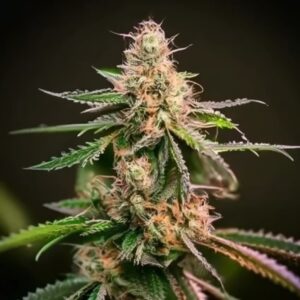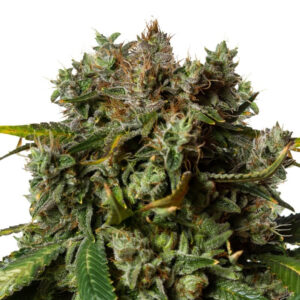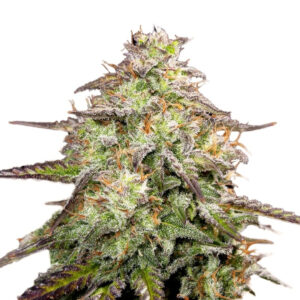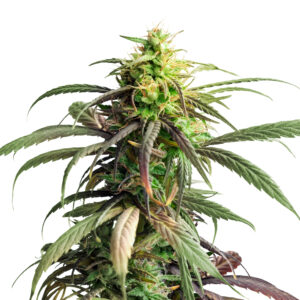The term cannabis sport performance refers to the emerging use of cannabis by endurance athletes—especially ultra-marathoners—to enhance mental resilience, manage pain, and support recovery without directly boosting physical capabilities. While scientific research is still evolving, many high-level runners report that cannabis helps them maintain focus during grueling long-distance events and reduces the perception of joint and muscle discomfort. In this article, we explore how cannabis complements medical benefits, aids mental focus, and factors into ethical debates and best practices for athletes looking to integrate weed into their training and competition routines.
Cannabis has long been recognized for its medical applications—such as alleviating chronic pain, reducing inflammation, and mitigating anxiety—which form the foundation of its role in cannabis sport performance. Medically, cannabinoids like THC and CBD interact with the endocannabinoid system to regulate homeostasis, offering relief for conditions ranging from arthritis to neuropathic pain. However, unlike stimulants that directly increase cardiovascular output or muscle strength, cannabis does not enhance raw physical power or endurance.
In the context of sport performance, cannabis’s value lies in its indirect effects: by managing pain and stress, it helps athletes push through mental barriers and maintain a positive mindset during ultra-endurance events. Rather than improving VO₂ max or muscle fiber recruitment, cannabis contributes to a state of mental calm and focus, which can translate into more consistent pacing and reduced risk of performance drop-offs due to psychological fatigue.
Ultra-marathon races often span rugged, isolated terrain where mental stamina is as crucial as physical endurance. Many runners report that using cannabis before or during competition sharpens their concentration and fosters a meditative state, helping them stay present mile after mile. By activating CB1 receptors in brain regions associated with attention and stress response, cannabis can reduce intrusive thoughts and heighten awareness of breathing and stride, key elements of effective pacing in ultra-distance runs.
Moreover, the anxiolytic properties of certain CBD-dominant strains contribute to a calmer mindset, lowering pre-race jitters and performance anxiety. When incorporated thoughtfully into a training regimen, cannabis becomes a tool for mental resilience rather than a performance enhancer in the traditional sense. Athletes practicing cannabis sport performance often emphasize microdosing strategies—small, controlled doses taken at strategic points—to avoid overt psychoactive effects while reaping cognitive benefits throughout long events.
Endurance racing places immense strain on joints and muscles, often leading to inflammation and discomfort that can derail even the most experienced athletes. Through its analgesic effects, cannabis helps numb pain receptors and reduce inflammatory markers. THC binds to CB1 receptors in the central nervous system to dull pain perception, while CBD’s interaction with CB2 receptors in peripheral tissues can decrease swelling and promote recovery.
In the realm of cannabis sport performance, many runners report that a small dose of cannabis during a race alleviates nagging aches without the grogginess associated with pharmaceutical painkillers. Post-race, athletes often use cannabis-infused topicals or edibles to soothe sore muscles and accelerate healing. By managing both acute pain and chronic inflammation, cannabis enables ultra-runners to maintain training consistency and recover faster between grueling events.

The integration of cannabis into competitive sports raises important ethical and regulatory questions. While many jurisdictions have legalized cannabis for medical or recreational use, major athletic bodies—such as the World Anti-Doping Agency (WADA)—currently prohibit in-competition use of THC due to its psychoactive properties. Athletes practicing cannabis sport performance must therefore navigate varying rules: some ultrarunning events allow CBD-only products, while others enforce strict no-cannabis policies during competition.
Critics argue that using cannabis, even for mental resilience or pain management, may confer an unfair advantage or conflict with the spirit of fair play. Proponents counter that cannabis offers a safer alternative to opioid painkillers and could reduce dependence on harder drugs. As the legal landscape evolves, athletes and organizers must stay informed about local laws, event regulations, and any potential consequences for positive THC tests.
Cannabis offers endurance athletes a novel tool for mental focus, pain management, and recovery—key components of successful cannabis sport performance. While it does not directly enhance physical strength or speed, its indirect benefits can help runners push through psychological barriers and maintain consistency. As legalization spreads and research deepens, athletes must weigh ethical considerations, stay compliant with regulations, and adopt best practices to safely integrate cannabis into their training and competition strategies. When used responsibly, cannabis can be a valuable ally in the ultra-endurance athlete’s toolkit. Happy running!
For an authoritative review of cannabis’s effects on athletic performance, see “Cannabis and Athletic Performance” published by the National Institutes of Health on PubMed Central: Cannabis and Athletic Performance – PMC.













Related Posts